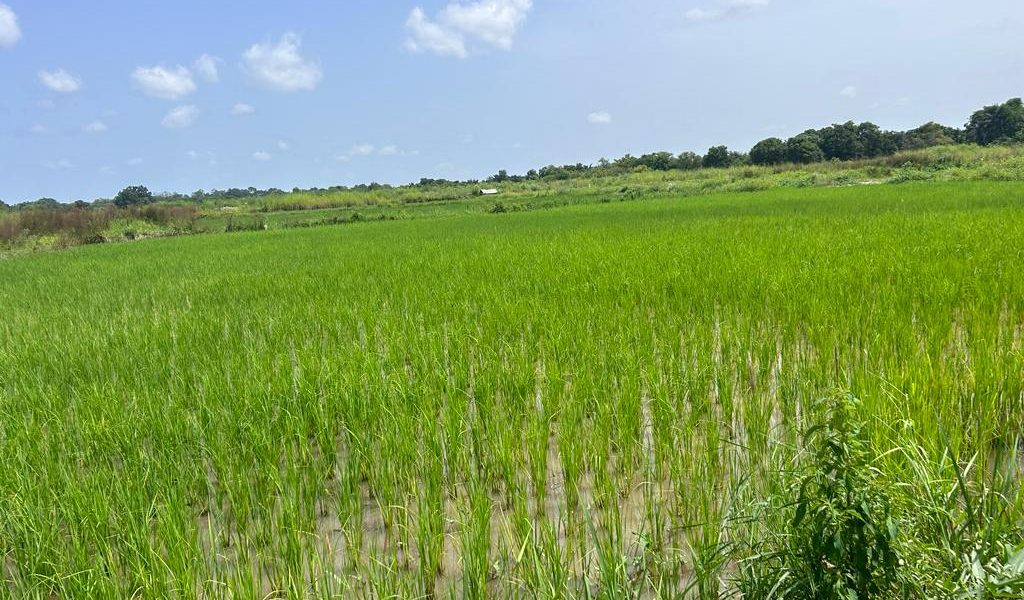Agriculture is the backbone of The Gambia’s economy, providing employment for a significant portion of the population and supporting rural livelihoods. However, the sector faces numerous challenges, including climate change, low productivity, and limited access to markets. Addressing these challenges requires innovative solutions, and one of the most promising approaches is engaging the youth in agricultural projects. This blog explores how youth involvement is transforming agriculture in The Gambia, the benefits it brings, and the steps being taken to foster this engagement.
The Role of Youth in Agriculture
Youth engagement in agriculture is crucial for several reasons. First, it helps address the aging farmer population by introducing fresh perspectives and innovative ideas. Young people are often more open to adopting new technologies and practices, which can drive productivity and sustainability in the sector.
Second, involving youth in agriculture provides them with valuable skills and opportunities. With proper support, young farmers can build successful careers, contribute to economic growth, and become leaders in their communities.
Current Initiatives and Projects
Several initiatives are currently focusing on engaging youth in agricultural projects across The Gambia:
- ROOTS Project: The Resilience of Organizations for Transformative Smallholder Agriculture Project (ROOTS) aims to enhance the resilience and productivity of smallholder farmers. As part of its efforts, ROOTS is actively involving young people in its programs, providing them with training, resources, and support to develop their agricultural ventures.
- Youth Agricultural Training Programs: Various training programs and workshops are being organized to equip young people with essential skills in modern farming techniques, sustainable practices, and business management. These programs often include hands-on training and mentorship from experienced farmers.
- Innovative Agricultural Startups: Many young entrepreneurs are starting their own agricultural ventures, ranging from organic farming to agro-processing. These startups are not only creating jobs but also introducing innovative solutions to local agricultural challenges.
- Government and NGO Support: The Gambian government and various non-governmental organizations (NGOs) are actively promoting youth engagement in agriculture through grants, subsidies, and support programs. These initiatives aim to make agriculture more appealing and accessible to young people.
Benefits of Youth Engagement
Engaging youth in agriculture offers numerous benefits:
- Increased Productivity: Young farmers are often more inclined to use modern technologies and methods, which can lead to higher agricultural productivity and better resource management.
- Economic Growth: By creating job opportunities and supporting agricultural startups, youth engagement contributes to local and national economic growth.
- Innovation: Young people bring fresh ideas and innovative approaches to farming, which can address existing challenges and improve overall efficiency.
- Community Development: Youth involvement in agriculture can lead to stronger, more resilient communities as young people take on leadership roles and contribute to local development.
Challenges and Solutions
Despite the positive impacts, there are challenges to engaging youth in agriculture:
- Lack of Resources: Many young people lack access to necessary resources, such as land, capital, and equipment. Addressing this requires targeted support and investment.
- Perceptions of Agriculture: Agriculture is often seen as a last-resort occupation, especially in urban areas. Changing this perception through education and success stories is crucial.
- Access to Markets: Young farmers may face difficulties accessing markets for their products. Providing better market linkages and support systems can help overcome this barrier.
Conclusion
Youth engagement in Gambia’s agricultural projects is a vital step towards a more sustainable and productive agricultural sector. By providing training, resources, and support, and by fostering a positive perception of agriculture, The Gambia can harness the energy and innovation of its youth to address current challenges and drive future growth. As we look to the future, continued efforts to involve young people in agriculture will be essential for building a resilient and prosperous agricultural sector.


